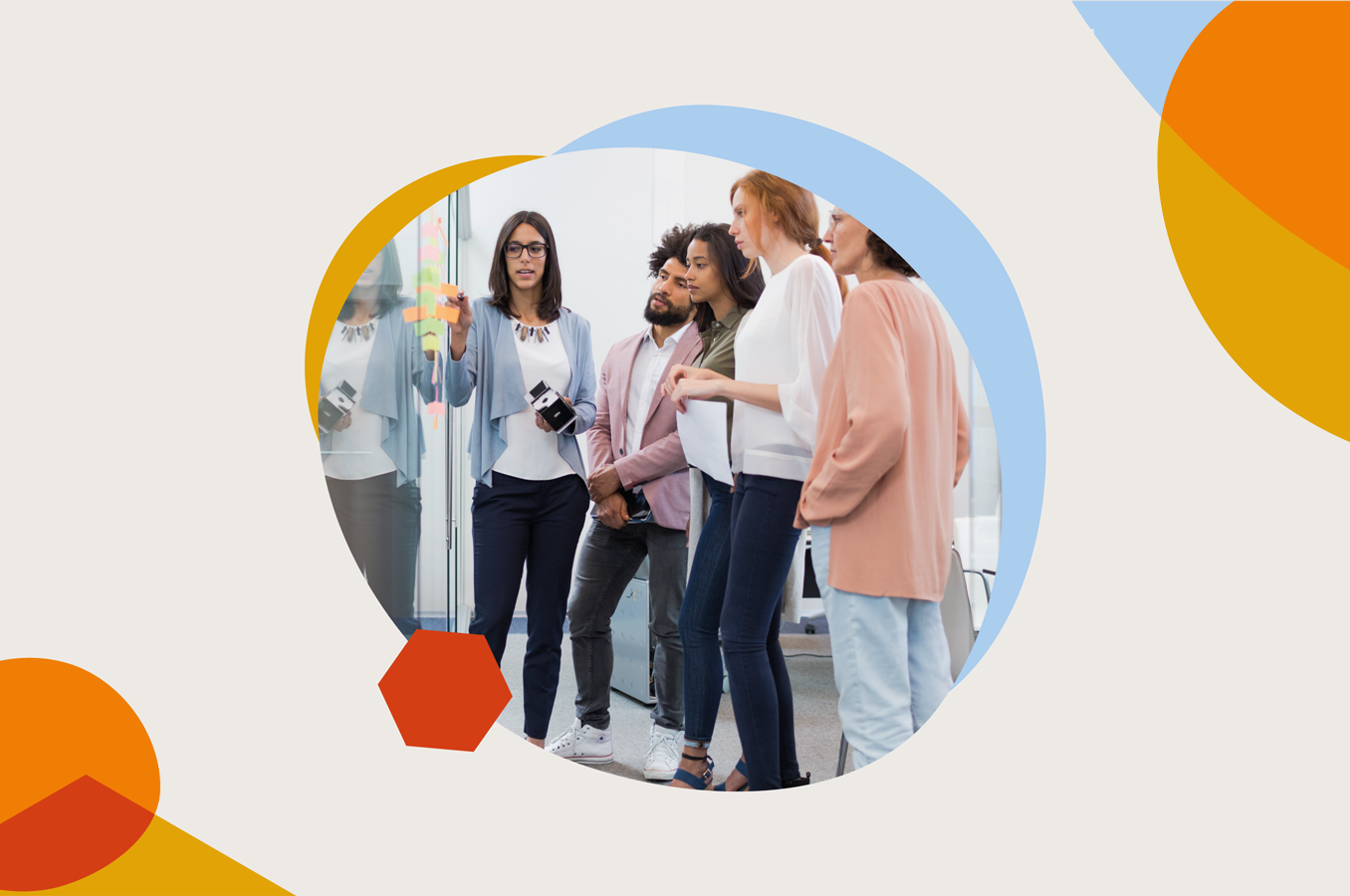A couple years ago, the end of the working week meant dashing out of the office doors to save myself even a handful of precious weekend minutes in excruciating traffic.
Now, as the clock hits four o'clock, I simply close my computer, and sift through my phone to kill time until "Zoom drinks" at eight.
Being able to work from home has been invaluable during the pandemic. But after all this time I can feel myself itching to get back to the office. To experience a morsel of that busy lifestyle I used to complain so much about. To talk to real-life people instead of my houseplants, and to experience the energy of a bustling office rather than the solitude of my tiny apartment.
But I'm afraid that all these months away may have cost me valuable social skills, and potentially damaged my work relationships beyond repair. Have I forgotten how to interact meaningfully with my peers? And even worse, is it too late to reconnect?
Before the pandemic, I knew just about everyone I worked with. Even if our roles didn't cross over, I'd have at least sat down for a coffee, or exchanged TV show recommendations with everyone at least once.
Now my colleagues appear as a collection of pixels on my screen, and I feel like I've lost touch. People have left, new starters have joined, and I no longer have a clear picture of the wider team I work in. I fear that the office will be unrecognizable, and so will the faces inside it.
In reality, most of my co-workers likely feel the exact same way. Working in a pandemic has been a steep and unexpected learning curve for everyone, so it’s important to be patient with ourselves and one another.
Don't be afraid to introduce yourself to those who may not have met you in the outside world. Run icebreaker sessions to get to know one another again. Conversations may be stilted or awkward at first, but give it time.
Everyone will need to reintegrate into the daily routine, so don't be afraid to set boundaries and give one another space.
According to Mind Tools' Expert Interview guests, it's important that we work with kindness and compassion. People will have mixed feelings about returning to the office. Some will be eager to "get back to normal," while others may be anxious about the potential risks.
Emotions may be running high so be respectful of your colleagues' concerns. Where appropriate, lend a helping hand or offer a comforting word.
Daniel Goleman – a leading voice in emotional intelligence – believes that taking time to "stay present" is key to reconnecting with others. He said, "Look at your priorities in the day. Do you make time for yourself? Do you make time to reflect?" Checking in on yourself and cutting out distractions will not only help to minimize feelings of anxiety or worry, but also make you more approachable to your peers.
This sentiment was echoed by Stanford University’s Emma Seppala who believes that being present and compassionate with others is essential to "human connection" and building better relationships.
Author Tal Ben-Shahar asserts that to build empathetic connections with others, we first need to treat ourselves with the same kindness.
He said, "Would we be very harsh on a person if they stumbled in a speech? Would we be extremely hard on a person if they didn't get it right the first time? Of course not. So why treat ourselves using different standards?"
So, cut yourself some slack and don't beat yourself up if it takes you longer to assimilate into the "new normal" than you'd like.
Mind Tools Expert Voices is our new podcast series where we delve into the archive of our 200+ Expert Interviews to find the insights that we need now.
In episode two, "Reconnecting After COVID," my colleague Rachel Salaman takes us through some of the most useful wisdom she's gathered from her interviewees over the years, introducing clips from her chats with Dr Srikumar Rao, Daniel Goleman, Emma Seppala, Tal Ben-Shahar, and more.
In the snippet of our new Expert Voices podcast, below, our guests discuss why empathy and kindness are key to rebuilding relationships.
You can listen to the full Expert Voices podcast now.
If you're not a Mind Tools member, you can join the Mind Tools Club and gain access to our 2,400+ resources, including a range of audio features. For corporate licensing, ask for a demo with one of our team.
How are you feeling about life after lockdown? Has the pandemic taken its toll on your positivity and passion? Share your experiences and tips, below.

Mind Tools writer Jonathan Hancock has gone back to the microphone – and brushed up his broadcasting skills – to launch our new Expert Voices podcast.
"It's not that you have to love everybody else in the organization. But you do need to understand a few simple things. What are they trying to get done? What obstacles do they see? What skills do they bring?" – Amy Edmondson
There are infinite ways to be authentic. And organizations need to make us all feel safe to be ourselves. But we should also take an honest look at the impact of our authenticity